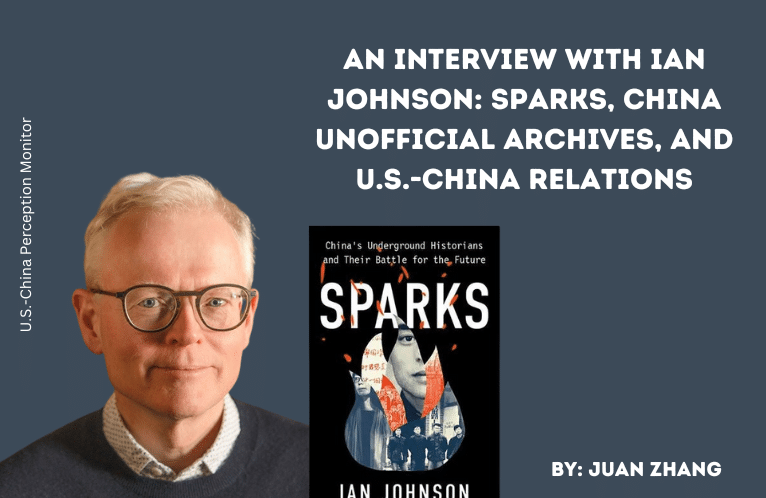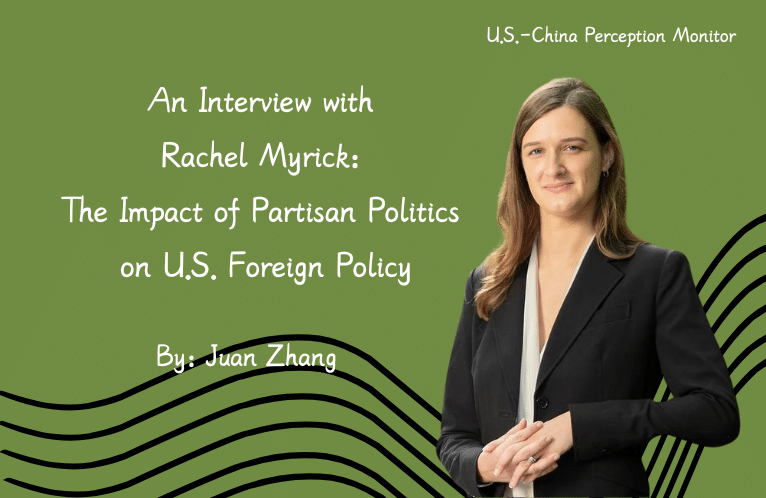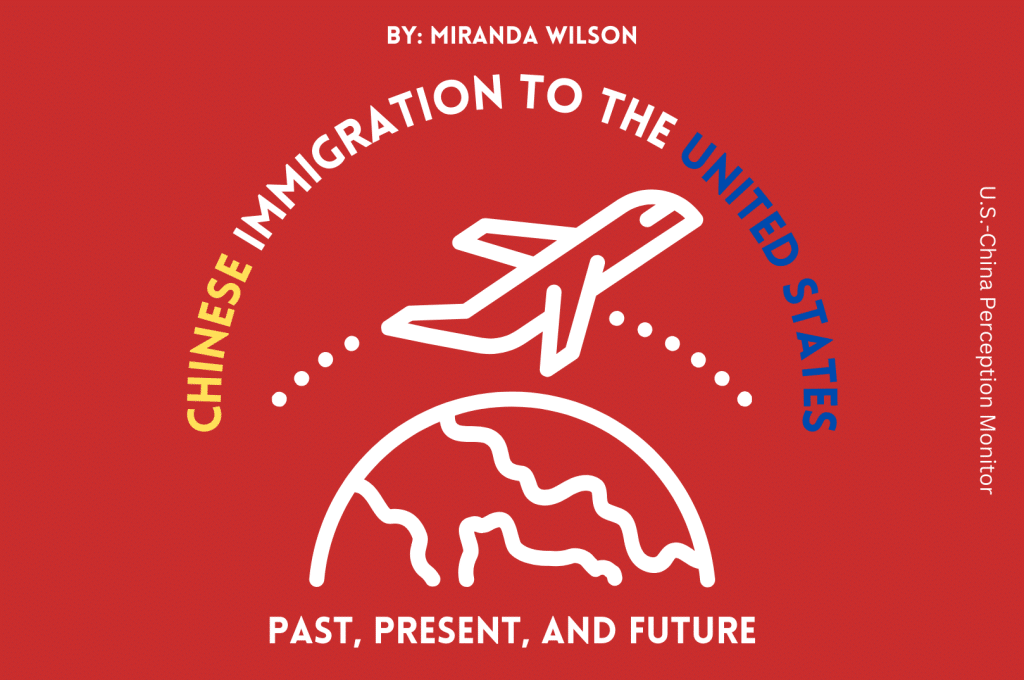Significance and Challenges: China-U.S. Cooperation on the Fentanyl Issue
What to Expect from Trump Presidency
The prospect of a Trump victory had aroused the interests of China’s political establishment throughout the election cycle. Here he was, a reality TV star, challenging the establishment, creating political enemies left and right, but most incredibly, exceeding expectations en route to the White House. Given the unprecedented levels of political polarization between the two parties, the amount of resentment witnessed from the left following Hillary Clinton’s defeat really was inevitable. Yet, the degree of post-election backlash and incitement all across the country is playing perfectly into the hands of China’s political elites. Or so they think. “What better advertisement for the stable, technocratic authoritarianism of the Chinese Communist Party?” Given the progressive/regressive left’s wide-ranging grievances, from cries of the result being an affront to democracy, to questioning the merits of the Electoral College, the Chinese leadership surely must be monitoring this with a tinge of satisfaction. A sizable contingent in China seems to believe that a Trump presidency will be a net positive for China’s political landscape domestically, at least as far as how it may affect its own citizens’ perception of the Party. Whether people will be convinced that China’s one-party system is a more sustainable and functional alternative is arguable. But what does a Trump presidency mean for US-China relations?
One of the most fascinating topics of discussion in this year’s election cycle was both candidates’ proposed policies with regard to Asia and China. Hillary Clinton was a known quantity; a foreign policy hawk that has openly criticized China’s human rights abuses. The Obama administration she worked under as Secretary of State initiated the “pivot” to the Asia-Pacific. Trump, on the other hand, repeatedly flip-flopped on policy positions, though in fairness, he remained relatively firm with his statements on China. His victory on November 8th came as a shock for many, but when all the furor finally subsides, China will have to face up to the reality of a Trump presidency.
While his entire campaign run has suggested that the United States will have a potentially volatile presence in the Asia-Pacific, his foreign policy at large remains a giant question mark. His lack of a foreign policy track record, however, does mean China watchers do not have a wealth of information on which to base their speculations. Often times, his economic protectionist inclinations towards China have been taken at face value, when in fact China-bashing is a bipartisan exercise that tends to rear its ugly head during every election cycle – should one truly expect Trump to levy tariffs on Chinese imports and significantly weaken American consumers’ purchasing power?
The absence of a political track record for Trump means that more attention should be devoted to Clinton’s past dealings with China, which serves as a good reference point. The Chinese do not have a definitive idea of how and if Trump will clamp down on cybersecurity issues and react to China’s spotty human rights record. But they have a much clearer picture of what a Clinton presidency would have entailed in this area; it would have largely been an extension of the Obama administration’s rebalance agenda. Another factor to consider is the general belief that Republican presidents are more receptive to an economically beneficial relationship with China. Having a commander-in-chief who respects free trade will undoubtedly be more conducive to greater cooperation with China amidst the sociopolitical tension that invariably surrounds Sino-US relations. But Trump, by any measure, is no paragon of free trade, let alone conservatism. His anti-globalization and pro-protectionism rhetoric supports that claim, so this general rule may not apply in his case after all. How he decides to act will also have a bearing on how the US engages with China in the South China Sea. In fact, the only time he has broached the subject was to take a thinly veiled shot at President Obama’s Asia policy. When asked about China’s military expansion by way of building artificial islands, Trump responded, “Amazing, actually. They do that, and they do that at will because they have no respect for our president and they have no respect for our country.” At this point, it is uncertain how the Trump administration will react to the perceived belligerence demonstrated by the Chinese government in the South China Sea.
For now, all we can do is wait and see how far he actually departs from his campaign position on China.
Written by: Adrian Lo









